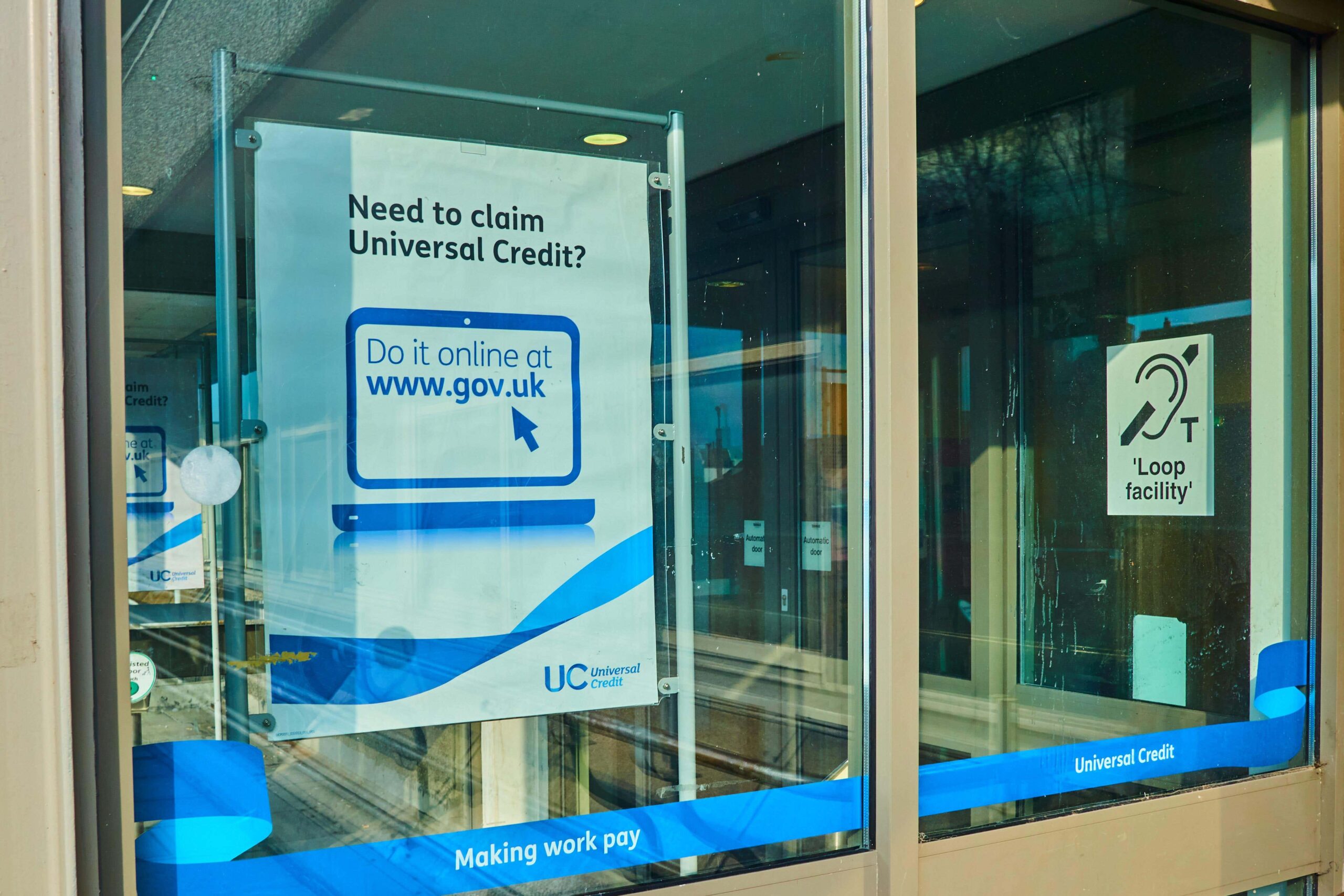A woman has been unable to afford fresh food or pay her utility bills after major delays in benefits payments left her with just £3.75 to her name.
Tina, from Kent, is among thousands who are struggling to make ends meet due to the minimum five-week delay in receiving universal credit payments. She said her mental health has suffered as she’s been plunged further into debt.
“It’s horrible, I am scared,” she said. “I had to phone housing and say, ‘Sorry, I can’t afford bedroom tax.’ That’s what’s keeping a roof over my head. I’ve done this with every company and said, ‘Look, if I don’t pay you it’s not that I refuse to pay you, there’s just no money. What I’ll do is when the money comes in, I will sort it out.
“I’ve got £3.75 to my name – 75p in my bank account, £1 in my savings account and £2 cash.”
A major report from the Financial Conduct Authority’s (FCA) Financial Lives earlier this year found that 1 in 10 people have no cash savings, while 21 per cent had less than £1,000 to support them.

Ahead of the Autumn Budget, charities have called on the government to end the minimum five week wait period, arguing that it is pushing families further into debt and deeper into poverty.
For new claimants, the universal credit’s ‘payment in arrears’ model means that the first sum of money will not hit bank accounts until at least 35 days later, with some households waiting as long as eight weeks.
While the government offers an advance payment, this is a loan that must be repaid and eats into the claimant’s future income and forces families to make difficult decisions such as skipping meals, avoiding electricity and heating.
“Before the debt gets too high, I want to pay the bills off that are coming in. I want to get fresh food in. I want to put some money on my gas and electric. But I can’t,” Tina said.
“For me, it brings me flashbacks when I was up to my eyeballs in debt before, thinking, ‘Have I got enough pennies to get a pint of milk and have a tea or coffee?’
“I sit here on an evening and think, ‘No, I won’t put the lights on.’
“Even my phone isn’t going to last much longer, but I haven’t got the money to even order a new cable.”
Due to her health conditions, which includes heart and mobility issues, the 53-year-old has struggled to gain employment which has led to her turning to the welfare system.
“It’s going to be like this for the rest of my life, struggling on benefits,” she said.

“I get very emotional. I’m relying on my local community café for their help. I go and get meals and while I’m there, I’m safe. I can’t even afford to get my hair cut, and that’s giving me pain in my head because of my fibromyalgia.
“I get anxious when I get phone calls from numbers I don’t know. But universal credit phone you on an anonymous number, and if you don’t answer, you’re sanctioned.
“That’s what you’re dealing with, day in, day out. I tried ringing them back – after three hours on hold, I had to put the phone down.”
According to the charity Christians Against Poverty, which supports over 8,300 people, 47 per cent have a deficit budget and require an average of £283 more each month to cover essentials.
With no financial buffer, may of their clients resort to credit cards, doorstep lenders or arrears to survive the wait, pushing them further into debt ahead of their first universal credit payment.
“Don’t offer someone an advance,” Tina said. “What’s the easiest thing to get into but the hardest thing to get out of? Debt. I want that wait to be reduced.
“Even if they did it by giving out vouchers for gas, electric and food so it can’t be spent on anything else. Surely that’s an option, isn’t it? Improve the communication and make it more accessible.”
CAP’s chief executive, Stewart McCulloch, says: “This wait is not an accident but a design feature.
“Universal credit is paid monthly in arrears, leaving new claimants to survive more than a month with no income before help arrives. While advance payments are offered, they are loans that must be repaid, pushing people already in crisis into further debt.
“The government’s mission is to raise living standards across the UK, but this policy actively works against that goal. The safety net must be there when people fall, not five weeks later.
“Ahead of the Autumn Budget, the chancellor has an opportunity to fix this by converting advance payments into non-repayable grants. That would be the single most effective step to make UC the lifeline it was intended to be.”
A DWP spokesperson said: “We support millions of people through universal credit every year, and it remains a top priority for us to ensure they get the support they are entitled to.
“Advances are available for new and existing customers that urgently need support, and people moving to universal credit receive a two-week extension of their legacy benefits.
“But we recognise universal credit could work better for people, which is why we’re reviewing it, including how best to support people before they receive their first payment.”
